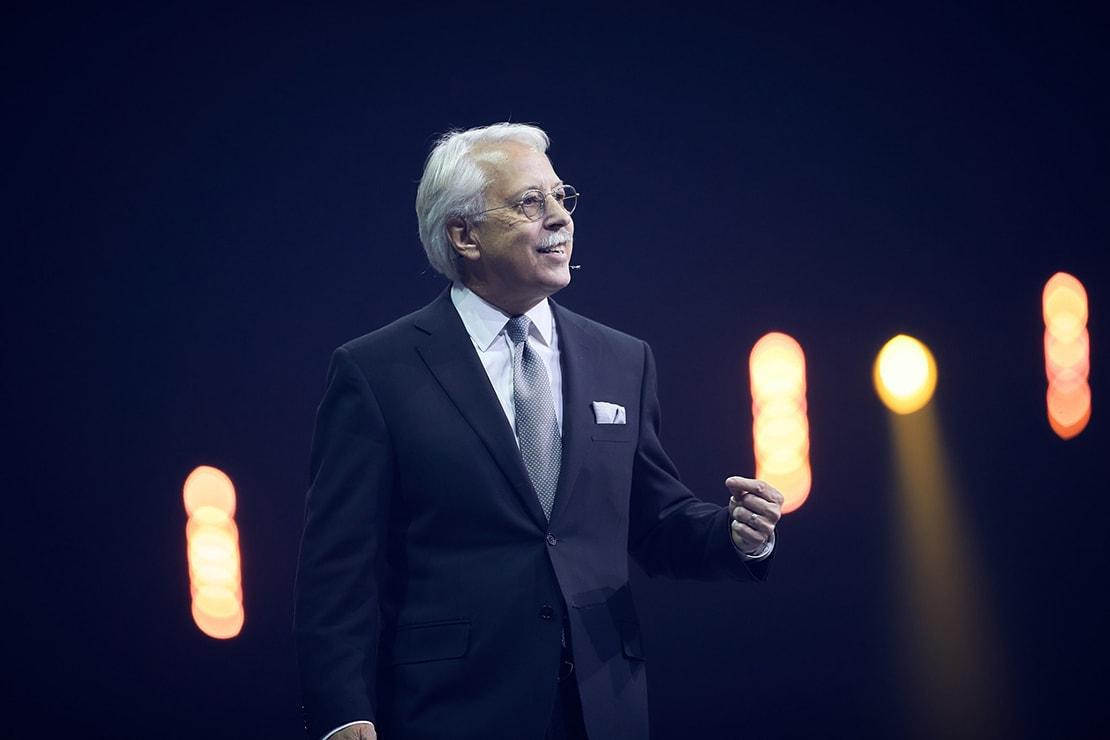30Apr2020
On May 29th, we hosted a webinar with Gary Hamel, one of the world’s most influential and iconoclastic business thinkers. Hamel presented his insights on humanocracy – how to build an entrepreneurial and bold organization that can thrive in a world of unprecedented change.
Here we give you a quick summary of Hamel’s presentation.
Why is there a need for change?
“We need to imagine radical solutions”, Gary Hamel.
Today the world is facing many challenges from COVID-19, cutting CO2 emissions, reducing income inequality, cleaning up the oceans, to overcoming political polarization. Hamel argued that organizations should be rebuilt in order to get through all of this. Authoritarian power structures and bureaucratic processes are a drag on organizational resilience and a significant liability in a world of accelerating change.
Resilient, creative, and passionate – those are the qualities organizations now need, Hamel said, yet many organizations can be described with the words inertial, incremental, and inhuman. He implied that in many ways our organizations are less human than the people inside them:
- Humans are adaptable – but organizations are (mostly) not.
- Humans are creative – but organizations are (mostly) not.
- Humans are passionate – but organizations are (mostly) not.
Hamel emphasized that even though openness, flexibility, and creativity are essential, our current bureaucratic organizations are not allowing us to pursue those qualities. A change is needed.
What should we do?
Hamel didn’t simply state that something needs to be done but actually proposed 5 steps companies can take, in order to create resilient, innovative, and entrepreneurial organizations.
1. Count the cost
According to Hamel, we need to be honest about what the old model is costing us. Most of the bureaucracy is invisible, so leaders should see what is the Bureaucratic Mass index of their organization. You can find out how your organization is doing with this assessment tool by Hamel and his colleague.
2. Learn from the vanguard
Hamel suggested we learn from those organizations that are leading the way in new developments and ideas. He mentioned Nucor, Buurtzorg, and Handelsbanken as examples of entrepreneurial and flexible organizations. When looking at these successful and profitable organizations, Hamels said, it is clear that we do not need the old bureaucratic model anymore. Even large organizations can be led with only a few layers of management.
3. Embrace new principles
Hamel stated that we cannot create new organizations with old principles, which is why in addition to new practices, we also need new principles, and even new problems to work on. Before we needed to think about how to maximize compliance, and thereby, operational efficiency. Even though those things are still important, Hamel implied that now it is more crucial to think about how to maximize human contribution and thereby impact. Instead of focusing on the traditional principles like stratification, standardization, specialization, formalization, and routinization, Hamel recommended us to rather focus on principles like experimentation, meritocracy, openness, community, and ownership.
4. Hack the management model
“Bureaucracy is not going to die in one Armageddon-like battle”, said Hamel. He suggested we need to build many hacks across the organization. A top-down reorganization is not the best way to get rid of bureaucracy. Actually teaching and letting people hack the old model and innovate on new principles and practices is more likely to work better. Hamel further emphasized that change management is not the way to go, because the change should start from the frontline one experiment at a time. “All effective change is going to roll up, not down”, Hamel concluded.
5. Start from where you are
Hamel advised that we should go back to our team with these ideas, and take a few hours to just consider: what should we change in order to get serious about openness, creativity, experimentation, and meritocracy? He proposed that we would not try to blow up our entire organization immediately, but rather start by thinking about what small steps can we take to reduce bureaucracy and encourage innovation across our organizations.
The recording of the webinar is available for registered users on our digital platform live.nbforum.com. If you already have access, feel free to log in to see the recording of the webinar here. If you don’t, you can buy your access here, and enjoy all our past webinars and tens of keynotes from our past events.

 by:
by: 
